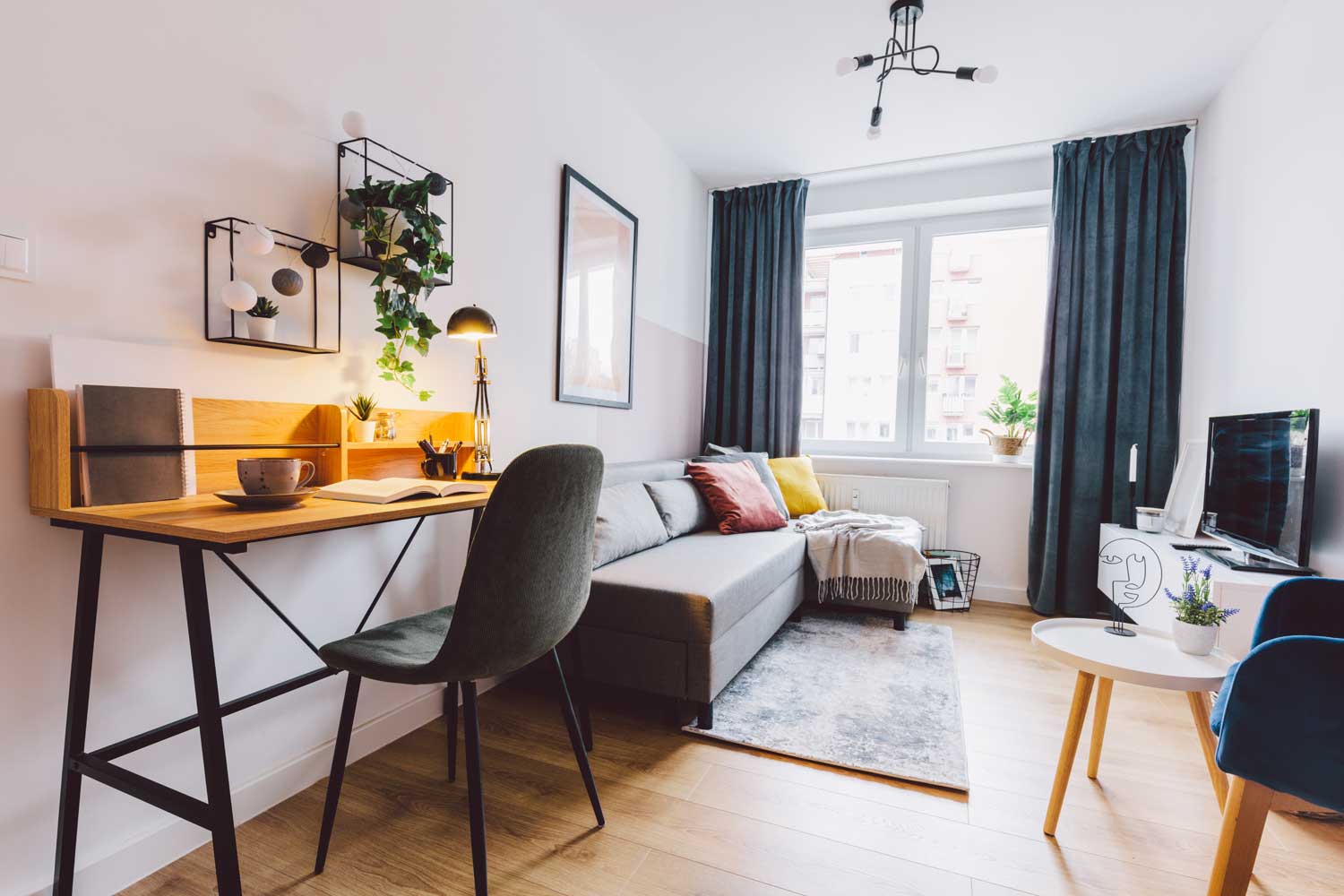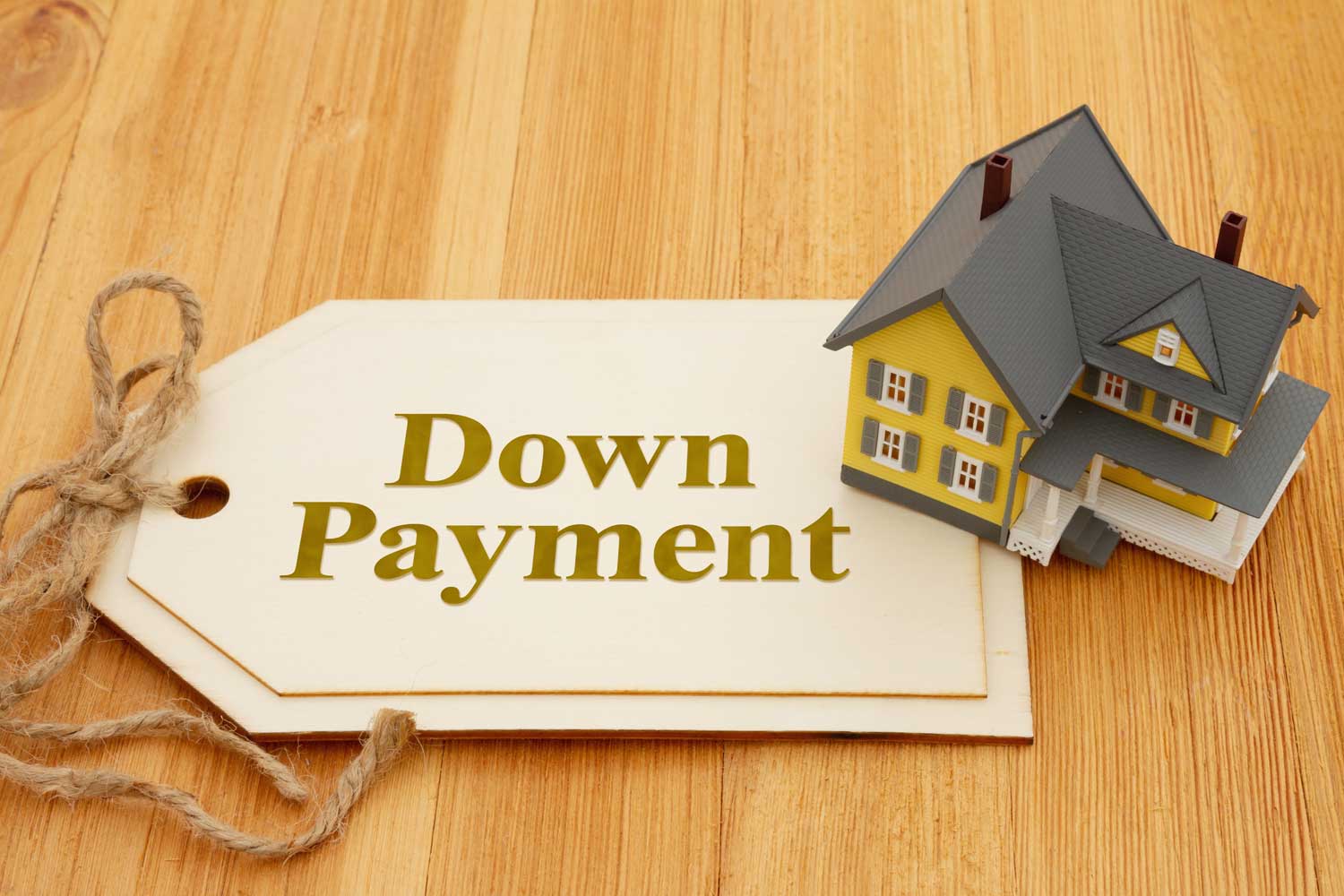The decision of whether to rent or own a home is a significant and often life-altering choice. Both options have their advantages and disadvantages, and the right choice largely depends on your individual circumstances, financial goals, and personal preferences. In this article, we will explore the key factors to consider when weighing the pros and cons of renting a home versus owning a home.
Pros of Renting
- Flexibility: One of the most significant advantages of renting is the flexibility it offers. Renters have the freedom to move easily, whether for work, family, or lifestyle reasons. Leases typically last for a year or less, providing the option
to relocate without the commitment of a long-term mortgage. - Lower Initial Costs: Renting a home generally requires a smaller upfront financial commitment. You won’t need a substantial down payment, and maintenance and repair costs are typically the responsibility of the landlord.
- Predictable Expenses: Renters can have more predictable monthly expenses since they are not responsible for unexpected home repairs or fluctuations in property taxes and insurance.
- Access to Amenities: Many rental properties offer amenities like gyms, swimming pools, and communal spaces that homeowners might not be able to afford or maintain on their own.
Cons of Renting
- No Equity Building: When you rent, your monthly payments go toward your landlord’s income rather than building equity in a property. This means you won’t benefit from any potential property appreciation.
- Limited Customization: Renters often have restrictions on how they can decorate or modify their living space, limiting the ability to make the property truly feel like home.
Pros of Owning
- Equity Building: One of the most significant advantages of homeownership is the ability to build equity over time. As you pay down your mortgage, you are investing in an asset that can appreciate in value.
- Freedom to Customize: Homeowners have the freedom to make structural changes and renovations to their property, allowing for personalization and added value.
- Potential Tax Benefits: In some cases, homeowners can benefit from tax deductions on mortgage interest and property taxes, potentially reducing their overall tax burden.
- Stability and Long-Term Investment: Owning a home provides stability and can serve as a long-term investment, allowing you to establish roots in a community and potentially leave a valuable asset to heirs.
Cons of Owning
- High Upfront Costs: Purchasing a home requires a substantial down payment, closing costs, and ongoing expenses, including property taxes, insurance, and maintenance.
- Less Flexibility: Homeownership can limit your ability to relocate quickly or easily, as selling a home can take time and may not guarantee a profit.
- Responsibility for Maintenance: Homeowners are responsible for all maintenance and repairs, which can be costly and time-consuming.
- Market Risk: The real estate market can be unpredictable, and property values may fluctuate, affecting the potential return on investment.
Conclusion
Deciding between renting and owning a home is a personal decision that should consider your financial situation, lifestyle, and long-term goals. Renting offers flexibility and lower initial costs, while homeownership provides the opportunity to build equity and enjoy greater customization. Ultimately, the right choice depends on your individual circumstances and what you value most in a place to call home. Before making a decision, carefully weigh the pros and cons of each option and consult with financial advisors to ensure you make the choice that aligns with your long-term goals and aspirations.






